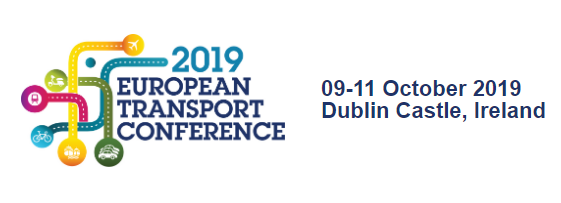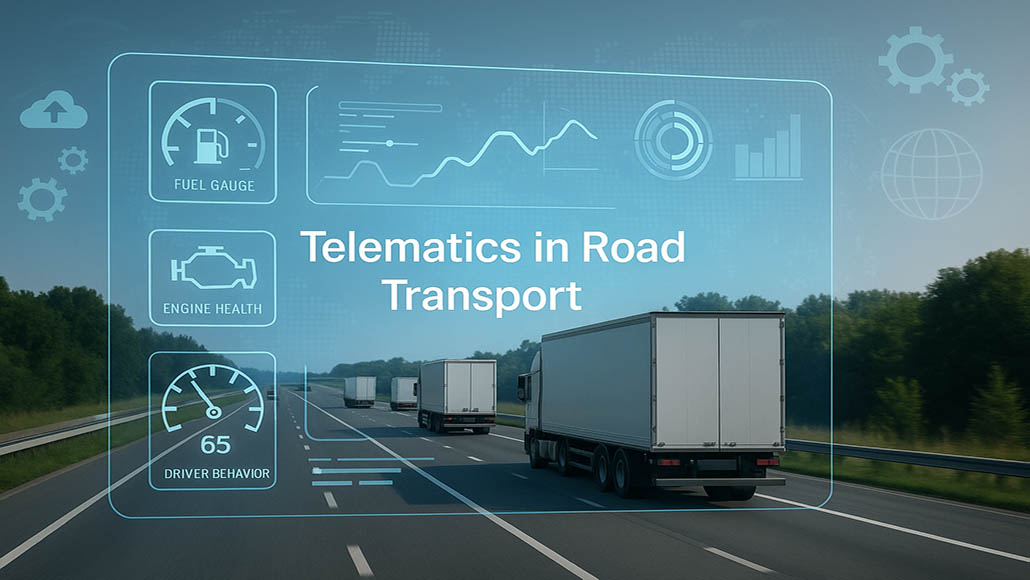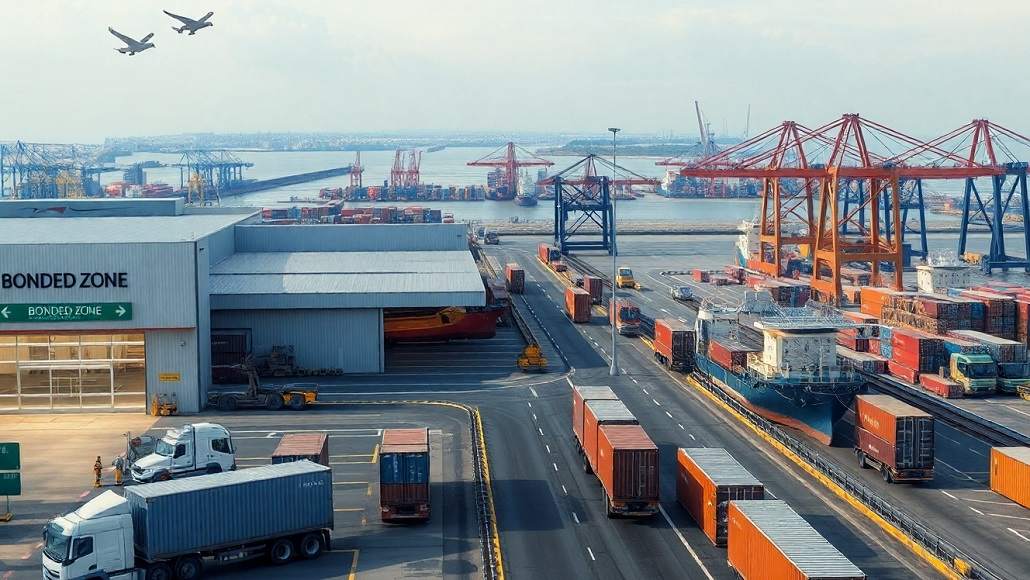System Dynamics Modelling, as a method for capturing behaviours and understanding changes in complex systems over time, is being increasingly adopted in transport research and planning. This year at ETC we offer special sessions on this type of modelling to give insight on the opportunities it may offer all types of transport projects. Supported by the System Dynamics Society Special Interest Group in Transportation.
Transport systems, whether they be infrastructural, economic, technical, political or sociological, are complex and constantly changing. As such, System Dynamics (SD) modelling, as a method for capturing behaviours and understanding of changes in complex systems over time, including feedbacks and lagged response, is being increasingly adopted in transport research and planning. SD combines both qualitative and quantitative methodologies, offering many advantages compared to traditional transport modelling.
Grounded in systems theory, Causal Loop Diagrams are developed that demonstrate links and logical behaviours between variables within a system, that can be self-reinforcing or balancing. The mathematical models are series of linked differential equations of relationships between these variables and driven by stocks which accumulate and characterise the system at any point time. SD is particularly well suited to policy analysis and as a support tool for decision making as, once the model is set up, many scenarios can be easily and quickly compared.
This year at ETC we offer special sessions where this type of modelling has been applied within transport, to give insight on the opportunities it may offer all types of transport projects and research. Supported by the System Dynamics Society Special Interest Group in Transportation.
How to book your place
Booking is now open for 1, 2 and 3-day places at the ETC Conference 2019!
In addition, Rover tickets can be booked for 3 days allowing different delegates from your organisation to visit the conference on each of the 3 days. Discounted places are available for AET members, young professionals, ECTRI members, full-time students and organisations from new member states of the EU (joined in 2004, 2007 and 2013). More information and the Conference Brochure is available on the AET website.
Book your place today!




























